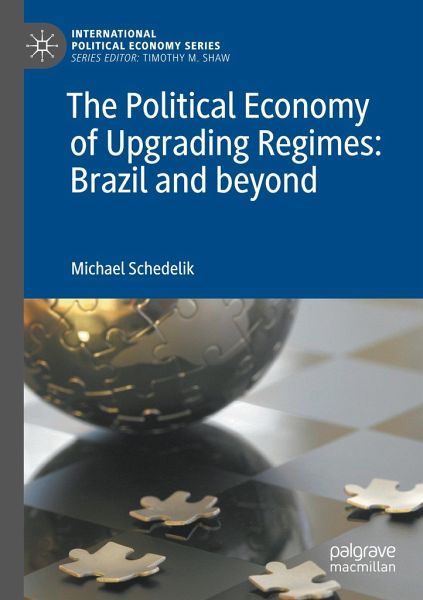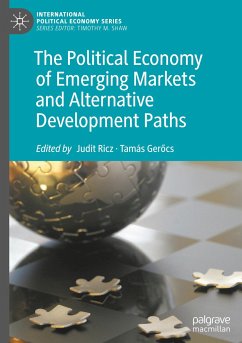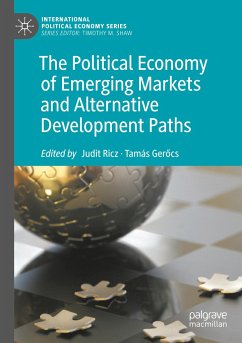
The Political Economy of Upgrading Regimes: Brazil and beyond
Versandkostenfrei!
Versandfertig in 6-10 Tagen
106,99 €
inkl. MwSt.
Weitere Ausgaben:

PAYBACK Punkte
53 °P sammeln!
Today's middle-income countries tend to be locked in a middle-income trap, unable to transition to higher income levels due to rising costs and declining competitiveness. While there is a broad consensus that upgrading these economies towards innovation-led growth is imperative, countless institutional and political economy obstacles remain. This book brings together analytical perspectives from comparative political economy, innovation studies, and development economics for the study of technological upgrading. Its distinctive contribution is the development of an innovative theoretical frame...
Today's middle-income countries tend to be locked in a middle-income trap, unable to transition to higher income levels due to rising costs and declining competitiveness. While there is a broad consensus that upgrading these economies towards innovation-led growth is imperative, countless institutional and political economy obstacles remain. This book brings together analytical perspectives from comparative political economy, innovation studies, and development economics for the study of technological upgrading. Its distinctive contribution is the development of an innovative theoretical framework, named upgrading regimes, combining and extending the comparative capitalism and innovation system perspectives. It explores the usefulness of this approach by providing an indepth assessment of the political economy of upgrading in Brazil under the Workers' Party governments. As the politics of technological upgrading will be one of the crucial research areas in the years to come, this book promises to become a key reference point in this debate.












